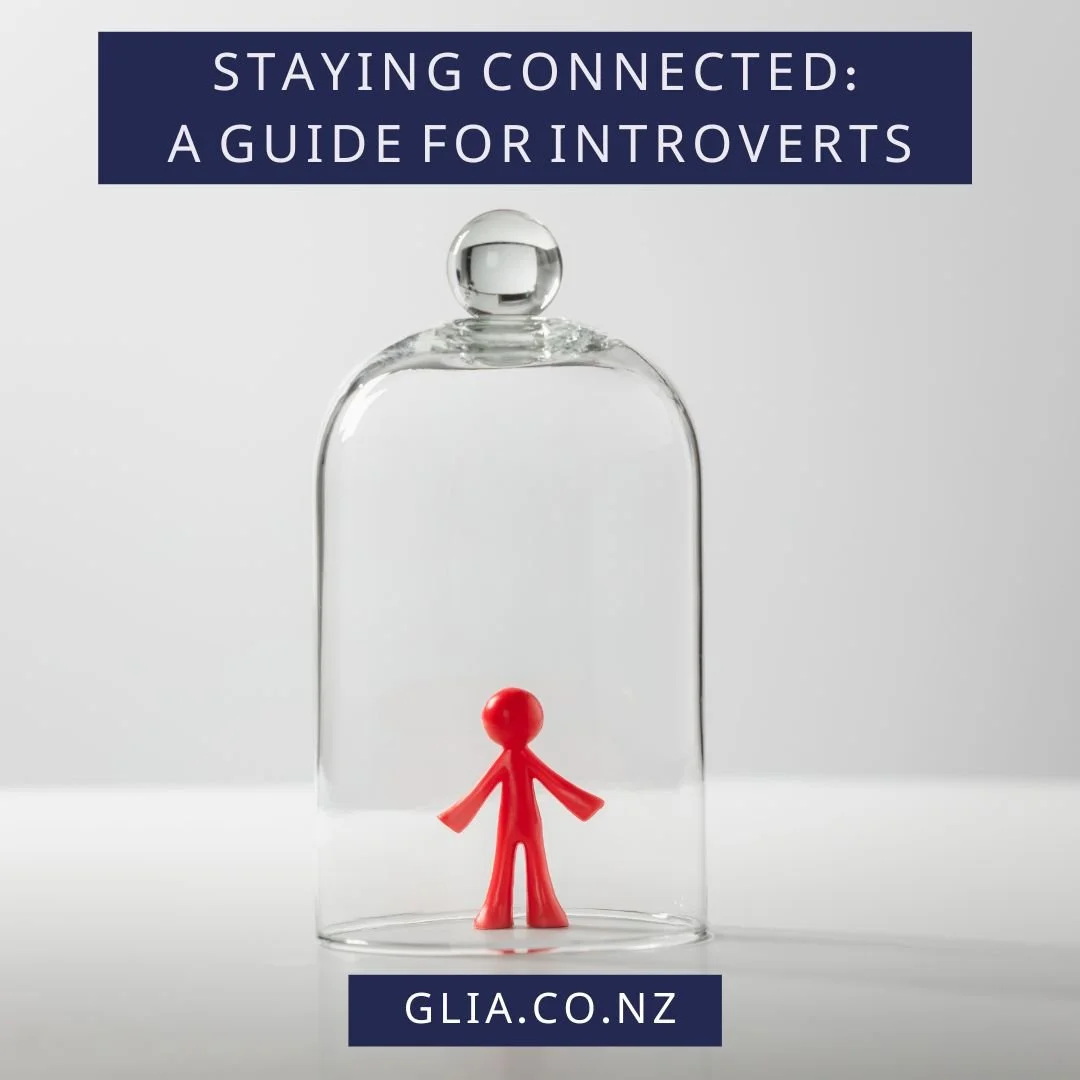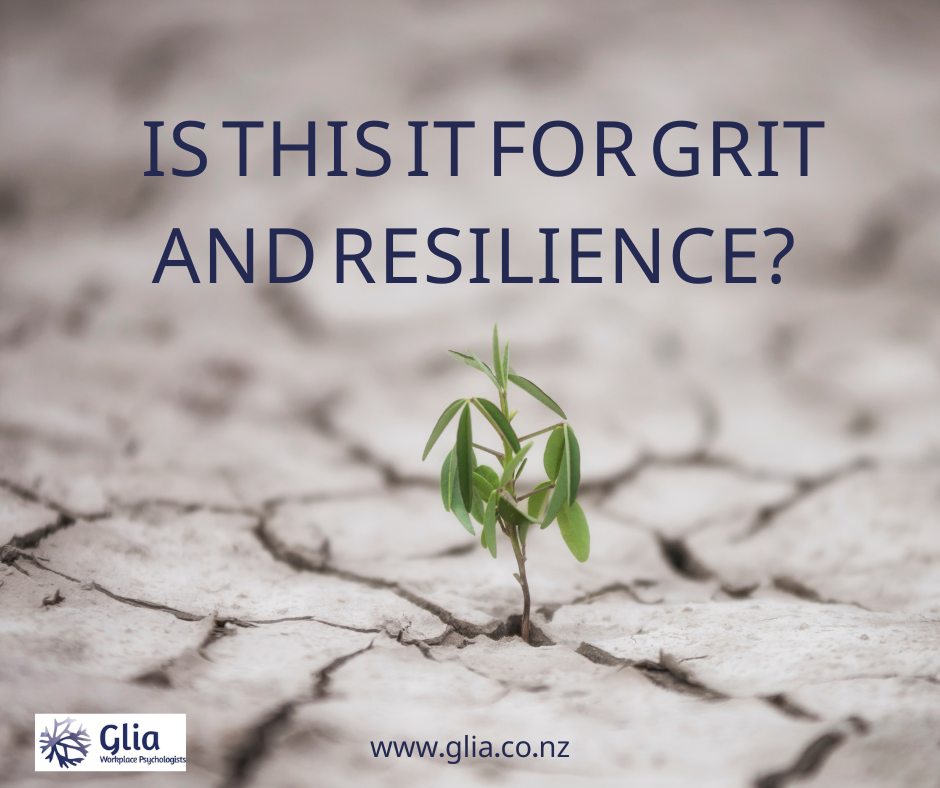Burnout: the imagery in that word is evocative, and perhaps one reason why the term has become popular. Why? Because the picture that burnout conjures is so very much like the experience of it.
Burned out individuals keep going, like flames across a landscape, until they run out of fuel entirely and have absolutely nothing left to give. Not one spark remains. They are quite literally ‘burned out.’
How can we tell the difference, why does it matter, and what can we do about it?














